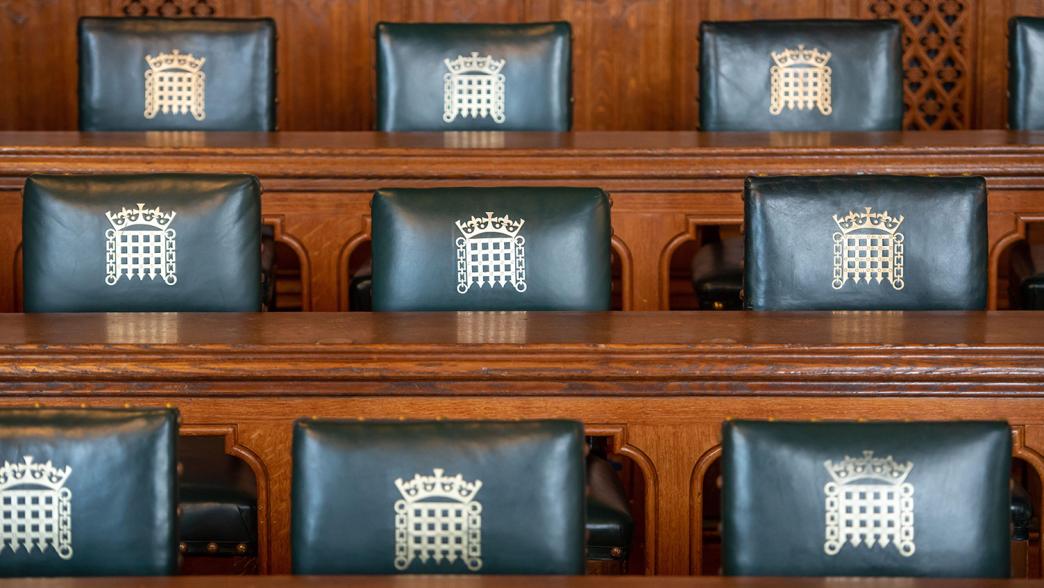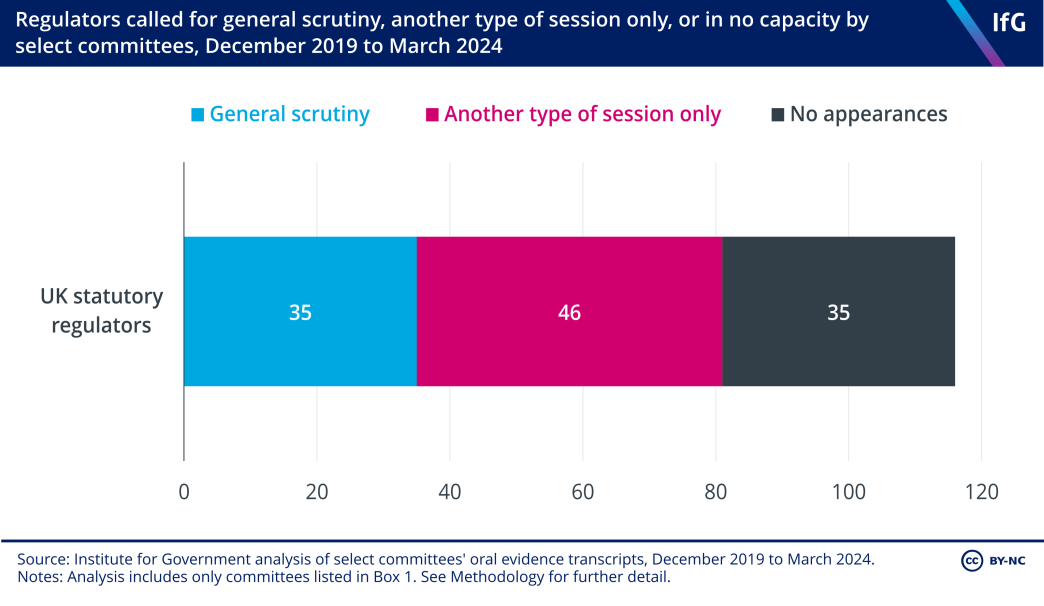Parliament and regulators: How select committees can better hold regulators to account
Almost a third of UK regulators have not been scrutinised by parliament since the 2019 general election.

Regulators
How government uses regulation to achieve its objectives and how rules can most effectively be designed and implemented through regulators.
Find out more about our work
